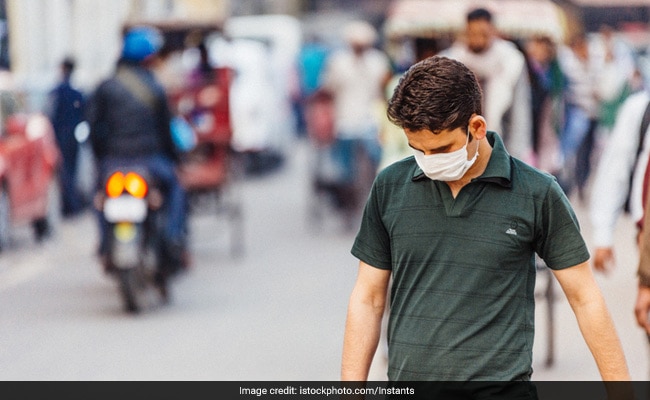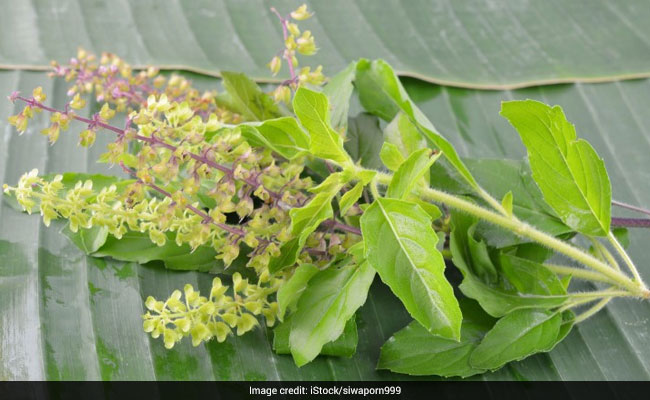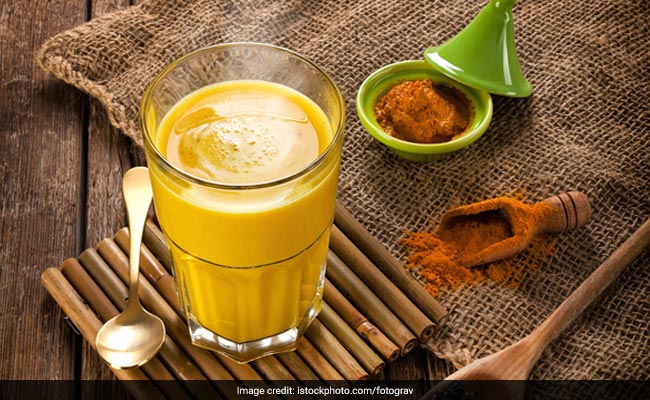
Prevention is better than cure
While the monsoon season is probably best loved by most, the pitter-patter also comes accompanied with chances of getting down with viral and bacterial ailments or mosquito-borne diseases like dengue. Kids and the elderly may be more vulnerable to cold, flu and respiratory disorders during this season. Experts blame this change in season to perpetrate a host of health issues due to weakened and vulnerable immune system. Taking optimum care of health and extra efforts to strengthen immunity therefore becomes imperative.
Swine flu has been on rise again. There were multiple reports of people falling prey to the debilitating disease during summers - when the disease is not usually known to strike. States like Rajasthan, Maharashtra and West Bengal saw trails of fresh H1N1 cases earlier of swine flu this year. Colder climate serves as a perfect environment for H1N1 virus to breed and transmit easily. It is therefore suggested to be extra cautious and exercise preventive measures to keep the disease at bay.

Since prevention is better than cure, here are some powerful immunity boosters that you must have every day to protect your health and strengthen yourself from within.
Immunity boosting foods
1. Tulsi: The sacred Tulsi leaves are known for their anti-bacterial, anti-fungal and anti-inflammatory qualities. Have a cup of Tulsi tea with breakfast to boost your immunity. You can even chew few Tulsi leaves every morning on an empty stomach. Tulsi is known to improve your overall defense mechanism including the ability to fight viral infections and it also increases resistance.

2. Honey: Honey can energize your body, build your immunity naturally and fight bacteria. Consultant Nutritionist, Dr. Rupali Datta suggests that a cup of warm honey-lemon water is one of the best ways to start your day. A teaspoon of honey every day can also help in building defense against seasonal allergies and works as a great remedy for soothing throat infections.
3. Giloy: According to Ayurveda expert, Dr. Ashutosh Gautam, "Giloy is a medicinal herb that helps in boosting your immunity. It is a powerhouse of antioxidants that fight free-radicals and keep your cells healthy. It purifies blood and fights bacteria that cause disease." Giloy juice is bitter but is effective in treating viral infections. You can mix a spoonful of fresh giloy juice in water and consume every morning.
4. Ginger: Ginger acts as a natural antibiotic. Ginger combined with honey is an ancient Ayurvedic cure for cold and respiratory disorders which are quite common during the monsoon season. Boil some fresh ginger in water and add a teaspoon of honey to make a soothing tea that reduces inflammation and flushes out all the toxins from your body. The heat in ginger induces sweat which is also a way to detox your body and get rid of germs.
5. Turmeric: The active ingredient in turmeric, called 'curcumin', is a powerful antioxidant and helps in boosting your immunity. The age old granny's remedy of drinking turmeric milk is a great way to shield yourself from the menace of monsoons. Don't forget to add a pinch of black pepper to make the drink more effective.

Besides these, you should also up your intake of vitamin C rich foods such as lemons, oranges, broccoli, bell peppers, guava and pineapple. Scientifically speaking, several cells in our immune system accumulate vitamin C as it is required to perform certain tasks. Thus, a daily dose of vitamin C helps in increasing resistance against pathogens and swine flu virus.
Things to keep in mind
- Carry a hand sanitizer wherever possible.
- Wash your hands frequently and avoid touching your face in public.
- Keep N91 mask handy and wear wherever possible.
- Some of the common symptoms of swine flu may include excessive body pain, weakness, high fever, cough, flu and runny nose, headache, sore throat and pain in eyes.
- Infants, children and older people are at a high risk of developing swine flu.
Swine flu has been on rise again. There were multiple reports of people falling prey to the debilitating disease during summers - when the disease is not usually known to strike. States like Rajasthan, Maharashtra and West Bengal saw trails of fresh H1N1 cases earlier of swine flu this year. Colder climate serves as a perfect environment for H1N1 virus to breed and transmit easily. It is therefore suggested to be extra cautious and exercise preventive measures to keep the disease at bay.

Since prevention is better than cure, here are some powerful immunity boosters that you must have every day to protect your health and strengthen yourself from within.
Immunity boosting foods
1. Tulsi: The sacred Tulsi leaves are known for their anti-bacterial, anti-fungal and anti-inflammatory qualities. Have a cup of Tulsi tea with breakfast to boost your immunity. You can even chew few Tulsi leaves every morning on an empty stomach. Tulsi is known to improve your overall defense mechanism including the ability to fight viral infections and it also increases resistance.

2. Honey: Honey can energize your body, build your immunity naturally and fight bacteria. Consultant Nutritionist, Dr. Rupali Datta suggests that a cup of warm honey-lemon water is one of the best ways to start your day. A teaspoon of honey every day can also help in building defense against seasonal allergies and works as a great remedy for soothing throat infections.
3. Giloy: According to Ayurveda expert, Dr. Ashutosh Gautam, "Giloy is a medicinal herb that helps in boosting your immunity. It is a powerhouse of antioxidants that fight free-radicals and keep your cells healthy. It purifies blood and fights bacteria that cause disease." Giloy juice is bitter but is effective in treating viral infections. You can mix a spoonful of fresh giloy juice in water and consume every morning.
4. Ginger: Ginger acts as a natural antibiotic. Ginger combined with honey is an ancient Ayurvedic cure for cold and respiratory disorders which are quite common during the monsoon season. Boil some fresh ginger in water and add a teaspoon of honey to make a soothing tea that reduces inflammation and flushes out all the toxins from your body. The heat in ginger induces sweat which is also a way to detox your body and get rid of germs.
5. Turmeric: The active ingredient in turmeric, called 'curcumin', is a powerful antioxidant and helps in boosting your immunity. The age old granny's remedy of drinking turmeric milk is a great way to shield yourself from the menace of monsoons. Don't forget to add a pinch of black pepper to make the drink more effective.

Besides these, you should also up your intake of vitamin C rich foods such as lemons, oranges, broccoli, bell peppers, guava and pineapple. Scientifically speaking, several cells in our immune system accumulate vitamin C as it is required to perform certain tasks. Thus, a daily dose of vitamin C helps in increasing resistance against pathogens and swine flu virus.
Things to keep in mind
- Carry a hand sanitizer wherever possible.
- Wash your hands frequently and avoid touching your face in public.
- Keep N91 mask handy and wear wherever possible.
- Some of the common symptoms of swine flu may include excessive body pain, weakness, high fever, cough, flu and runny nose, headache, sore throat and pain in eyes.
- Infants, children and older people are at a high risk of developing swine flu.

